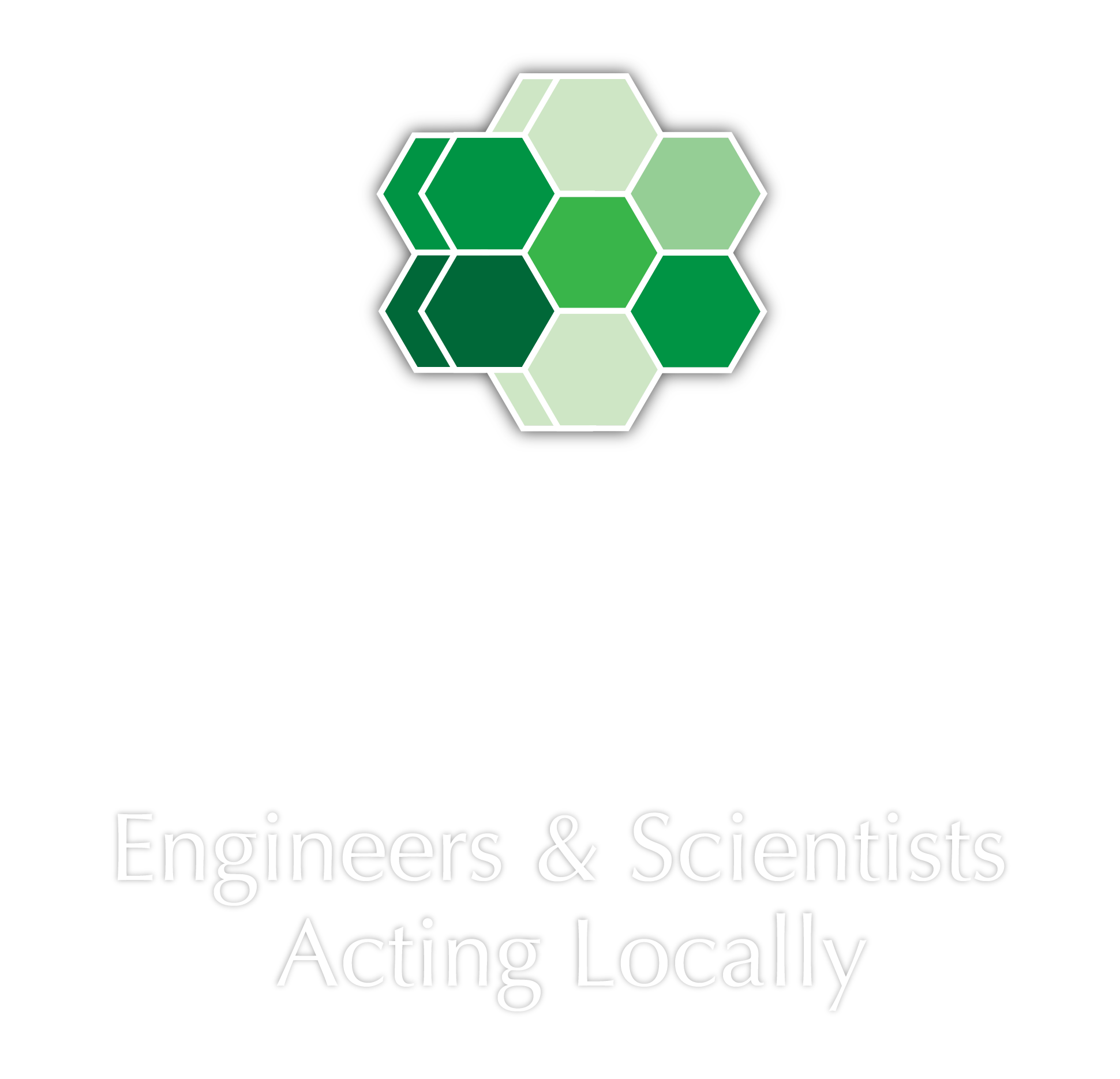The Electric Power Research Institute (EPRI) is an independent, non-profit organization focused on advancing safe, reliable, affordable, and clean energy for society through global collaboration, science and technology innovation, and applied research. EPRI also conducts nuclear-focused research in the areas of materials management, fuels and chemistry, plant performance, and strategic initiatives. ESAL spoke with Maria […]


